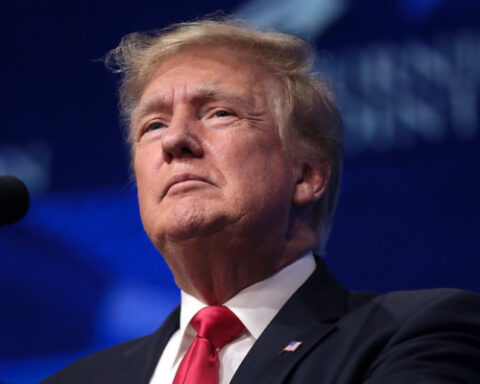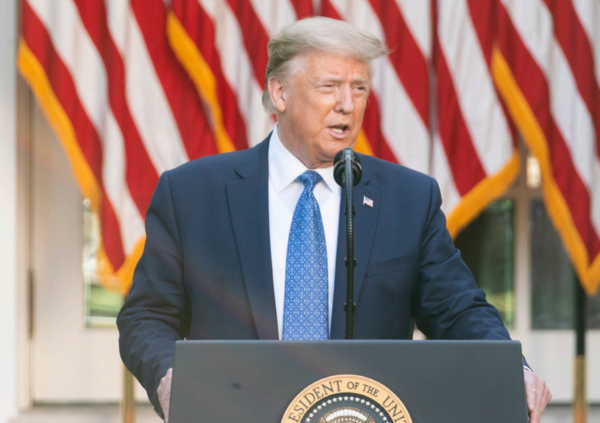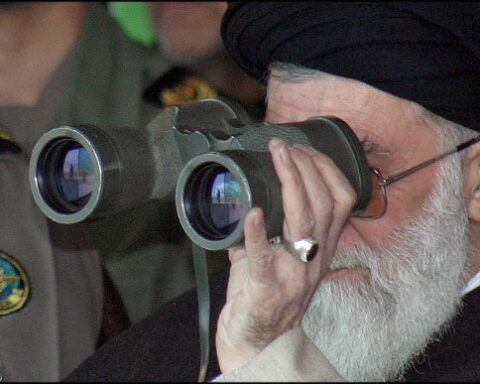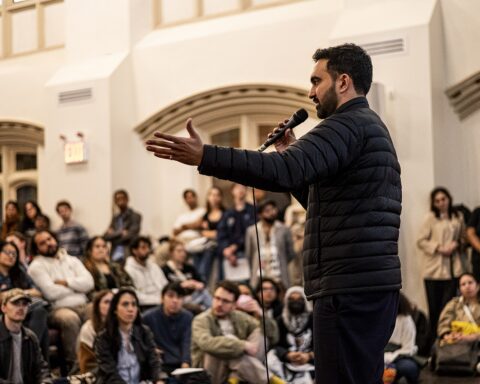President Donald J. Trump is now reportedly intensifying efforts to broker an end to the grinding war between Ukraine and Russia, even as Ukrainian President Volodymyr Zelensky dismisses the possibility of territorial concessions.
Speaking Friday, Mr. Trump floated the idea of a land swap as part of a larger push to resolve the more than three-year-long conflict. “We’re going to get some back, and we’re going to get some switched. There’ll be some swapping of territories to the betterment of both,” he told reporters.
The president also announced he will meet Russian President Vladimir V. Putin in Alaska on Aug. 15, a summit that comes after a White House deadline for a peace agreement quietly lapsed.
Mr. Trump had earlier proposed increased sanctions on Moscow but opted to pursue direct talks instead, shortening an original 50-day timeline after Russian forces escalated attacks.
Mr. Zelensky, however, made clear that Ukraine would not accept an agreement negotiated without Kyiv’s participation. “Any decisions made against us, any decisions made without Ukraine, are at the same time decisions against peace,” he said Saturday. “They will bring nothing. These are dead decisions; they will never work.”
The radical Ukrainian leader has previously signaled limited openness to territorial trade-offs, suggesting earlier this year that Kyiv might exchange certain lands for a small section of Russia’s Kursk Oblast.
Those remarks came before Russian forces seized four Ukrainian border towns in late May—a development that appears to have hardened his stance.
Still, Mr. Trump has expressed optimism that the talks could yield results. “I think we’re going to have ceasefire on a lot of areas and so far, that’s all held very well,” he said previously.
He described tense front-line conditions in which soldiers faced one another at close range. “I believe we’re going to pretty soon have a full ceasefire, and then we’re going to have a contract… in terms of dividing up the lands,” he said.
The slow pace of negotiations has tested the president’s patience, particularly given that a quick resolution was a central campaign pledge.
The war’s broader implications are also reverberating through the Middle East, where Washington has sought to rally support for stability.
In recent days, U.S. hopes of advancing Israeli-Saudi normalization were complicated when Saudi Arabia condemned Prime Minister Benjamin Netanyahu’s plan to take control of the Gaza Strip. “The Kingdom of Saudi Arabia condemns in the strongest possible terms… crimes of starvation, brutal practices, and ethnic cleansing against the Palestinian people,” Riyadh said Friday.
Regional mediators from Egypt and Qatar are reportedly drafting a proposal to end the Gaza war, secure the release of all hostages, and withdraw Israeli forces from the territory.
Analysts caution that without a shift in U.S. posture, Israel appears poised to continue its military occupation—a move that some warn could leave the country bogged down without a clear exit strategy.
For Mr. Trump, the path forward now runs through Alaska, where he will face the challenge of pressing both Mr. Putin and Mr. Zelensky toward a compromise neither side appears eager to embrace.
[READ MORE: Trump Secretly Authorizes Pentagon to Target Cartels, Citing National Security Threats]












